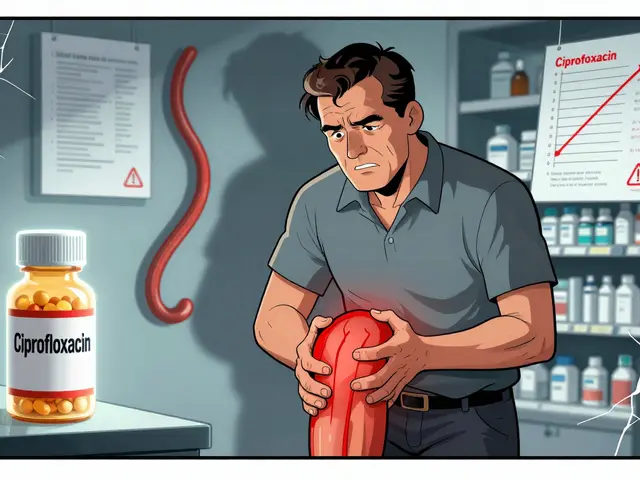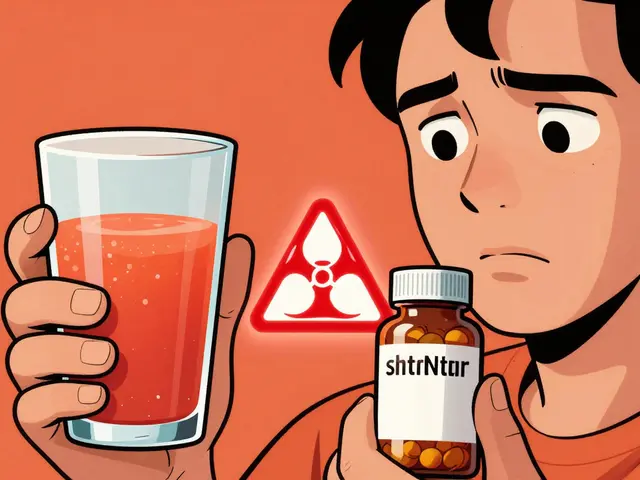Sodium Bicarbonate – How It Works and When It’s Safe to Use
If you’ve ever used baking soda to clean a kitchen spill, you already know it’s a strong alkaline powder. In medicine, that same compound—sodium bicarbonate—helps balance acidity in the body, relieves heartburn, and can even aid certain kidney problems. Below you’ll find the basics of why doctors recommend it, how to dose it, and the red flags you shouldn’t ignore.
How to Use Sodium Bicarbonate Safely
For occasional heartburn, the usual adult dose is one-half teaspoon (about 2.5 g) mixed in a glass of water. Drink it slowly, and wait 15‑20 minutes before eating again. If you need it for a prescribed condition, your doctor may tell you to take 1 g to 2 g three times a day. Always follow the exact amount written on the prescription—too much can swing your blood pH too far up, leading to muscle cramps or confusion.
When you’re using it for kidney stones or certain urinary‑tract issues, the dose often goes up to 3 g three times daily, split with food. Your doctor will monitor blood tests to make sure your electrolytes stay in range. Remember, sodium bicarbonate adds extra sodium, so people on a low‑salt diet should talk to their provider before starting.
Mixing with acidic drinks (like orange juice) can cause a fizzing reaction that makes the dose harder to measure. Stick with plain water or a neutral beverage. If you feel a sudden tingling in your mouth or throat, stop and rinse—this can happen if the powder isn’t fully dissolved.
When to Avoid Sodium Bicarbonate
If you have high blood pressure, heart failure, or are on a sodium‑restricted diet, skip the over‑the‑counter version unless a doctor says it’s okay. The extra sodium can raise your blood pressure and make fluid retention worse.
People taking certain meds need extra caution. Sodium bicarbonate can lower the absorption of aspirin, some antibiotics (like tetracycline), and certain antifungals. It may also change how the kidneys handle drugs such as digoxin. Always ask your pharmacist or doctor if your prescription list includes any of these.
Pregnant or breastfeeding mothers should only use sodium bicarbonate if a health professional recommends it. The safety data for high doses during pregnancy is limited, so it’s better to be safe.
Watch for signs of overdose: nausea, vomiting, muscle twitching, or feeling unusually light‑headed. If you notice any of these, drink a glass of plain water and seek medical help right away. An overdose can make your blood too alkaline—a condition called metabolic alkalosis—that may need IV treatment.
In short, sodium bicarbonate is a handy tool for short‑term heartburn and some medical conditions, but it’s not a free‑for‑all supplement. Use the right dose, keep an eye on your sodium intake, and check with a healthcare professional if you’re on other meds or have chronic health issues. With these simple steps, you can get the benefits without the hassle.
Discover smart tips, exact steps, and what to watch for when buying sodium bicarbonate online. This easy guide covers safety, best sites, and hidden tricks.


